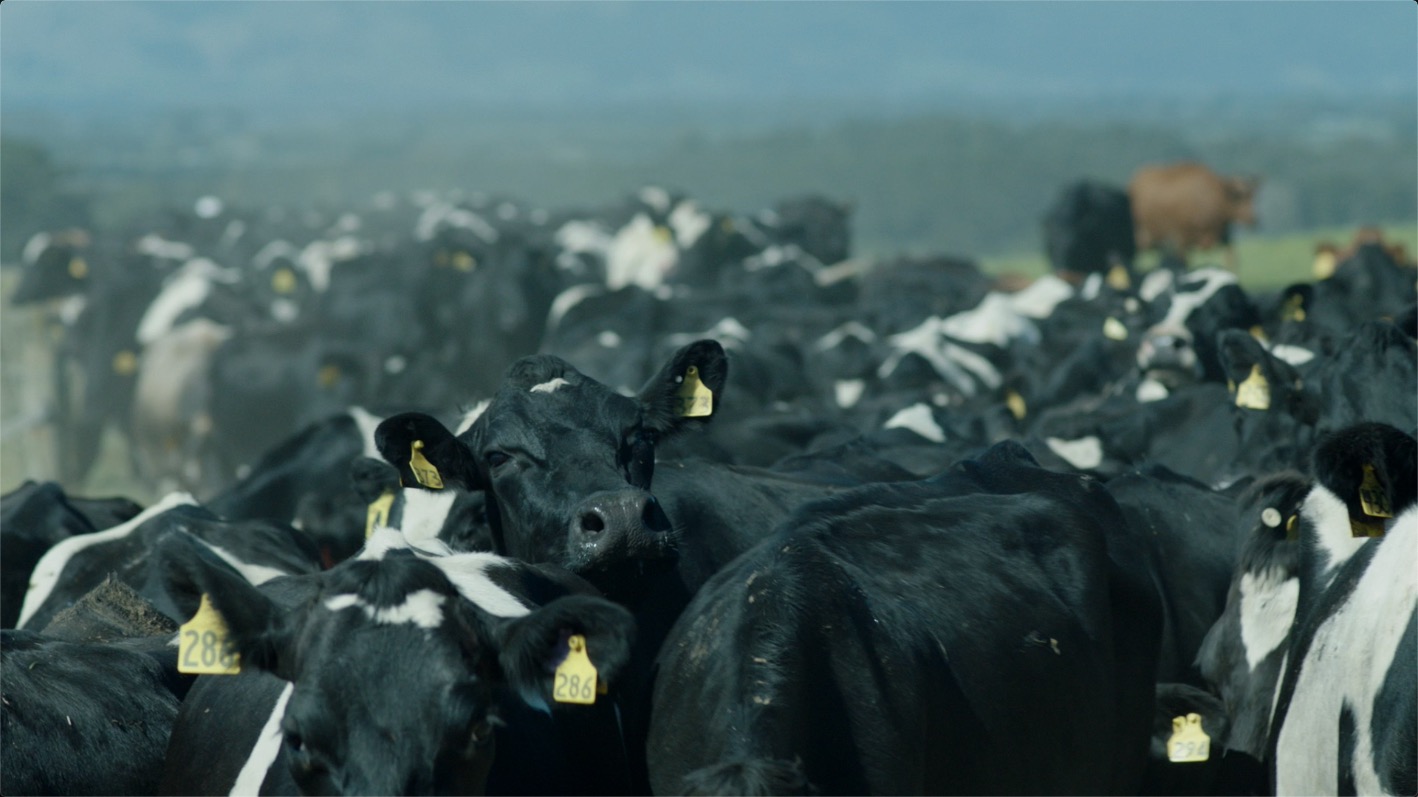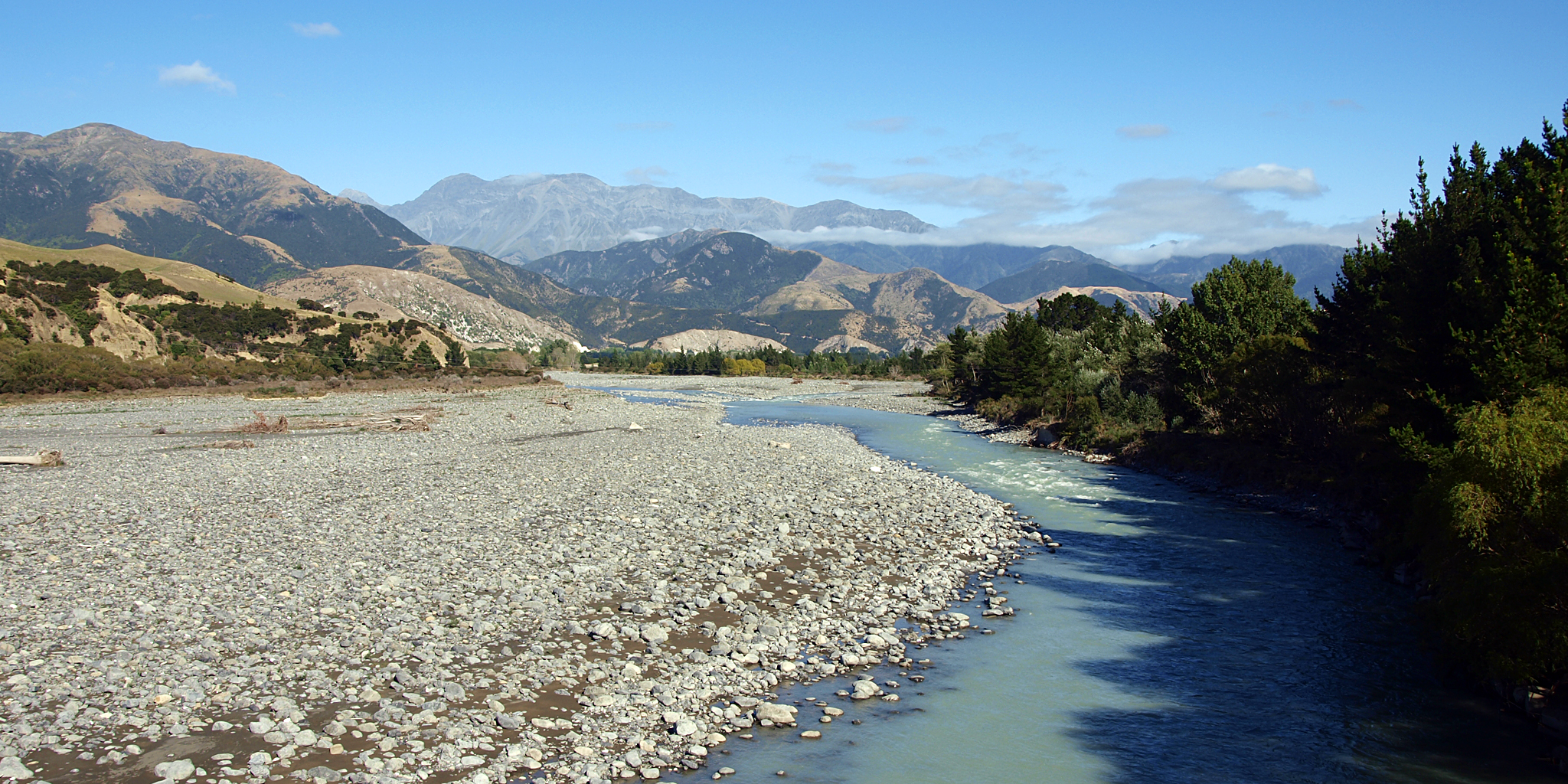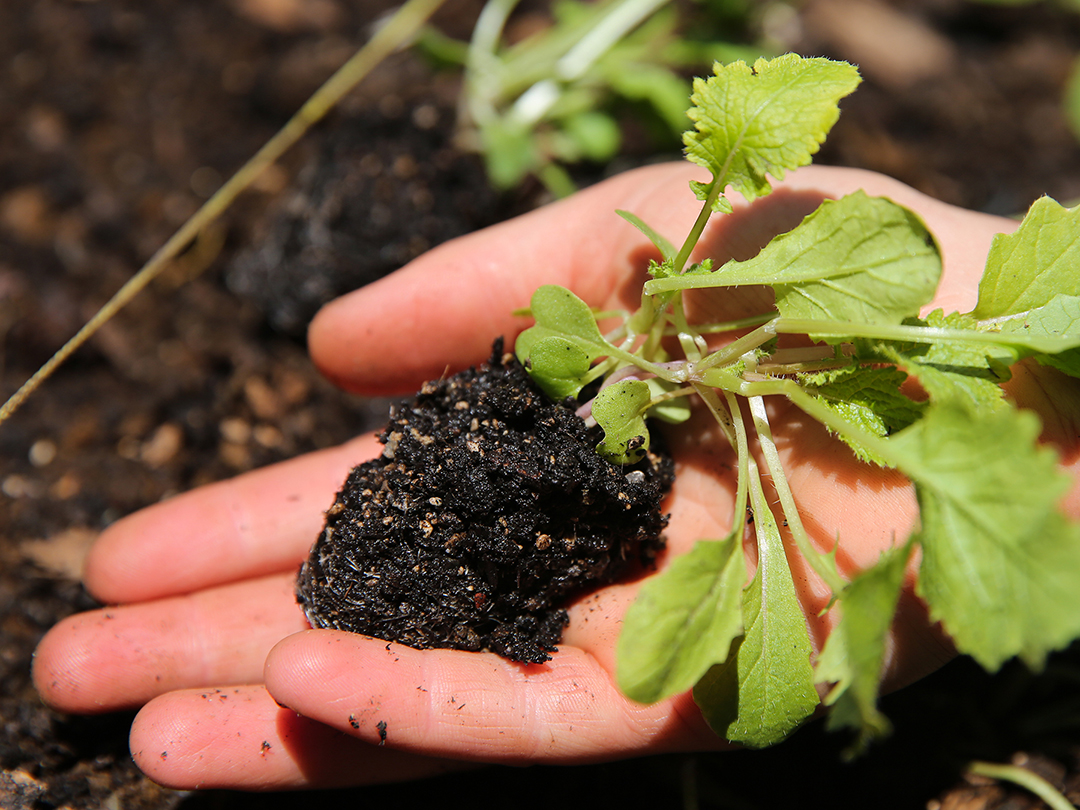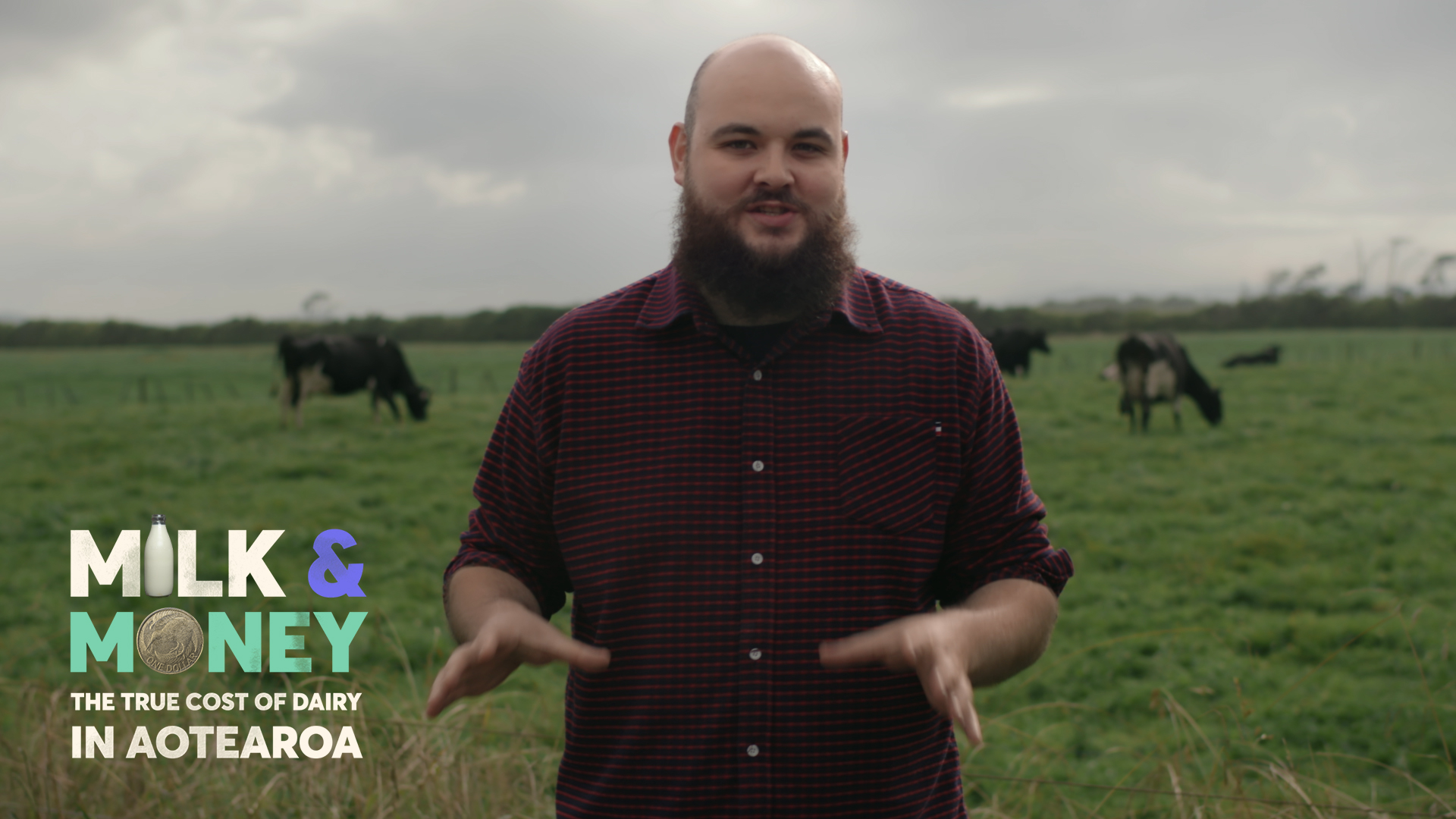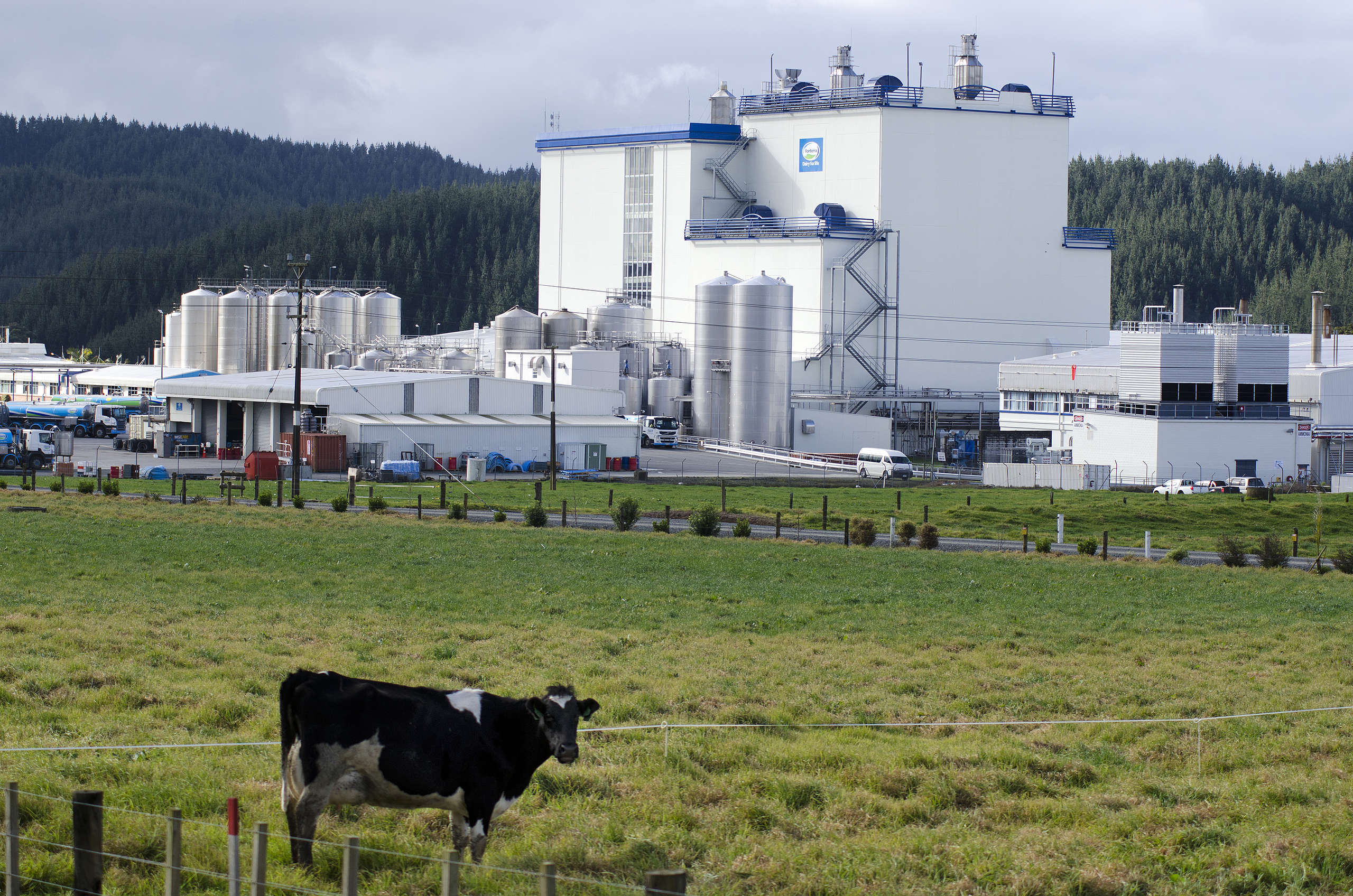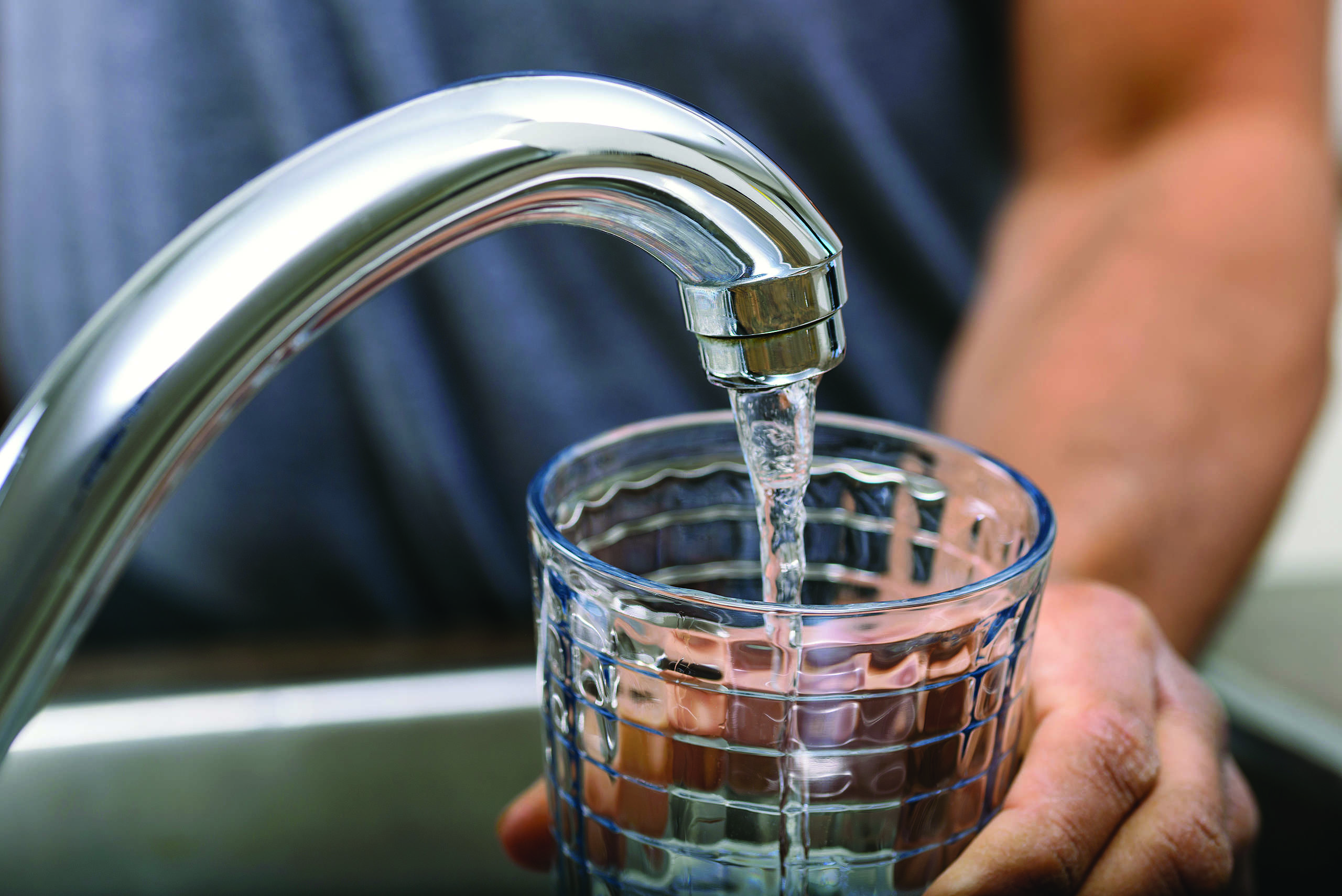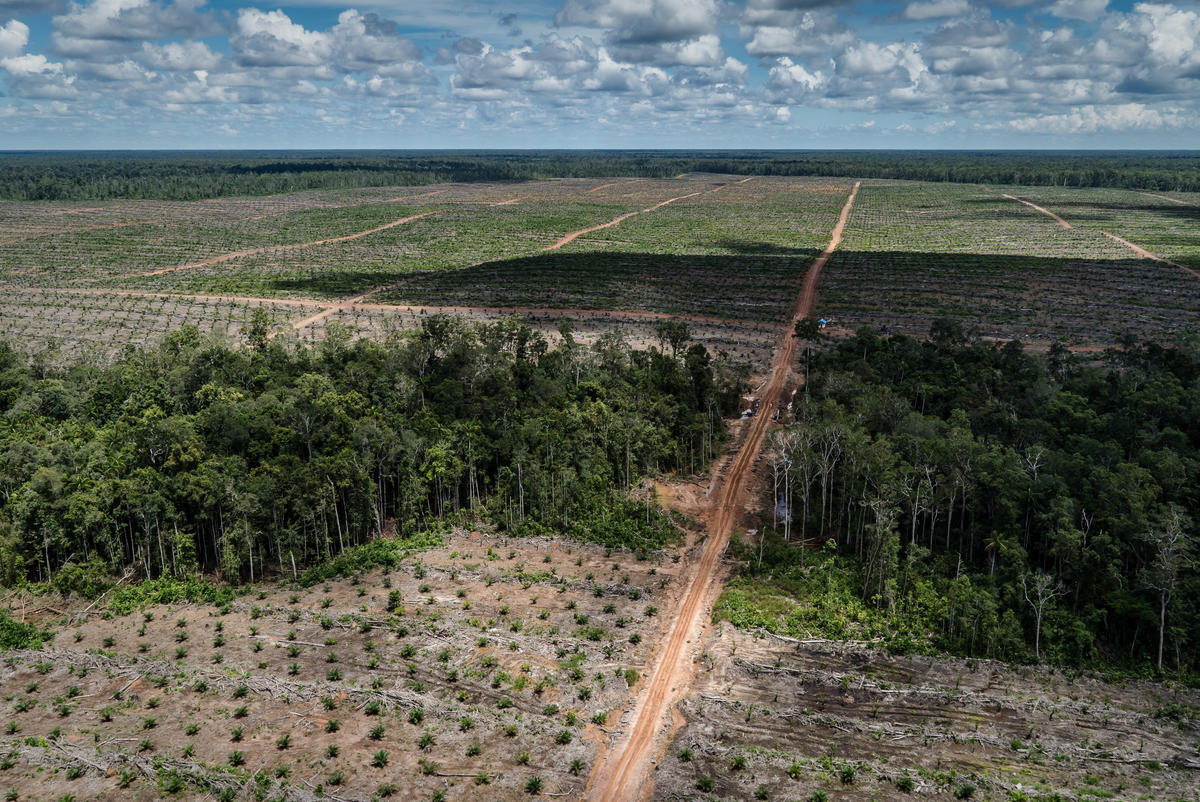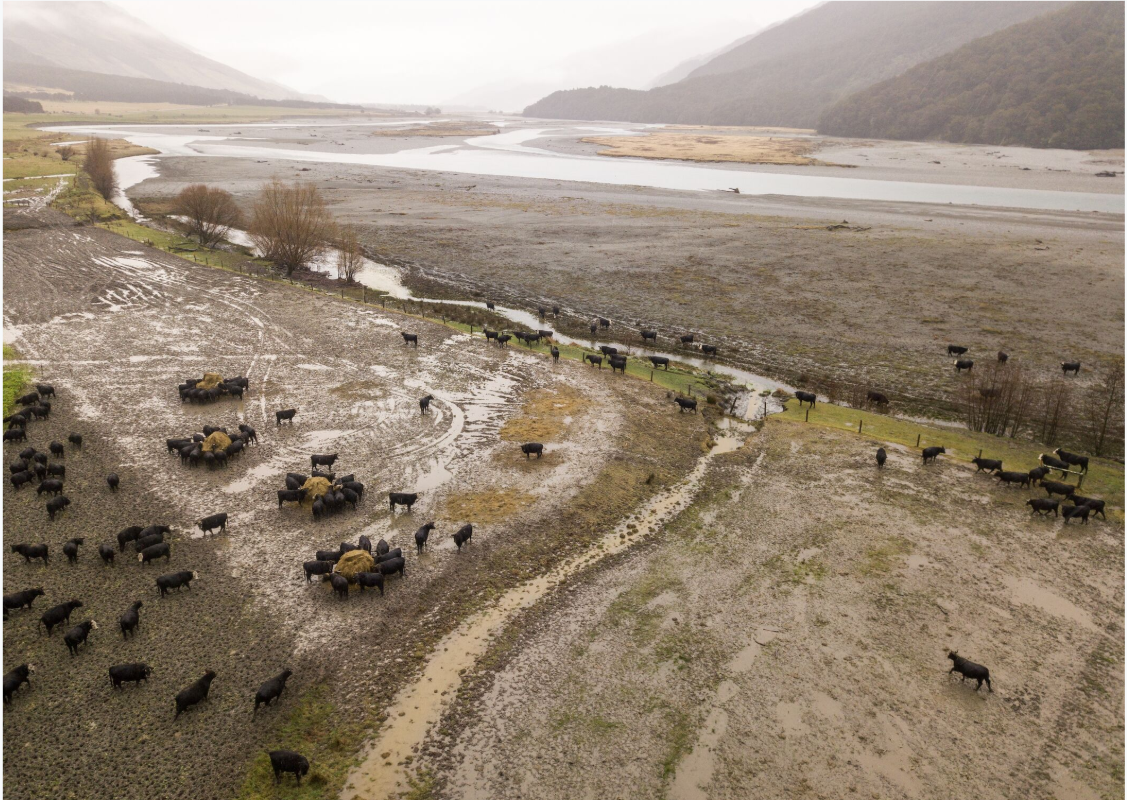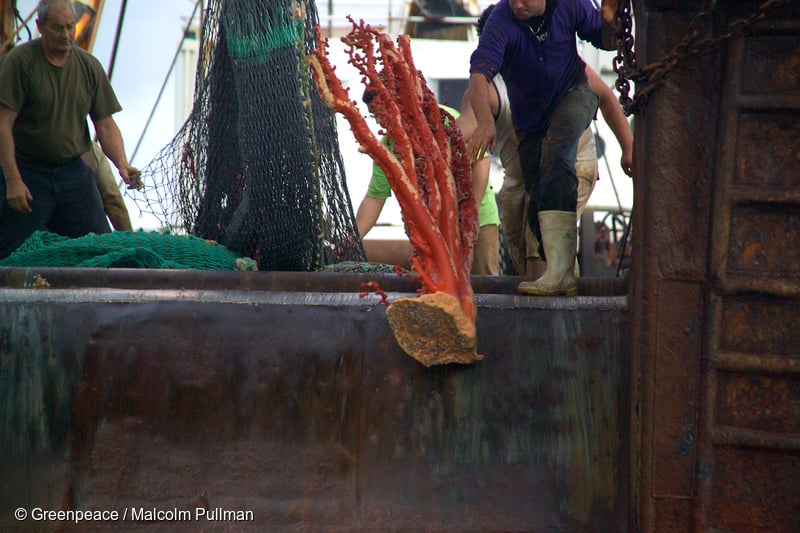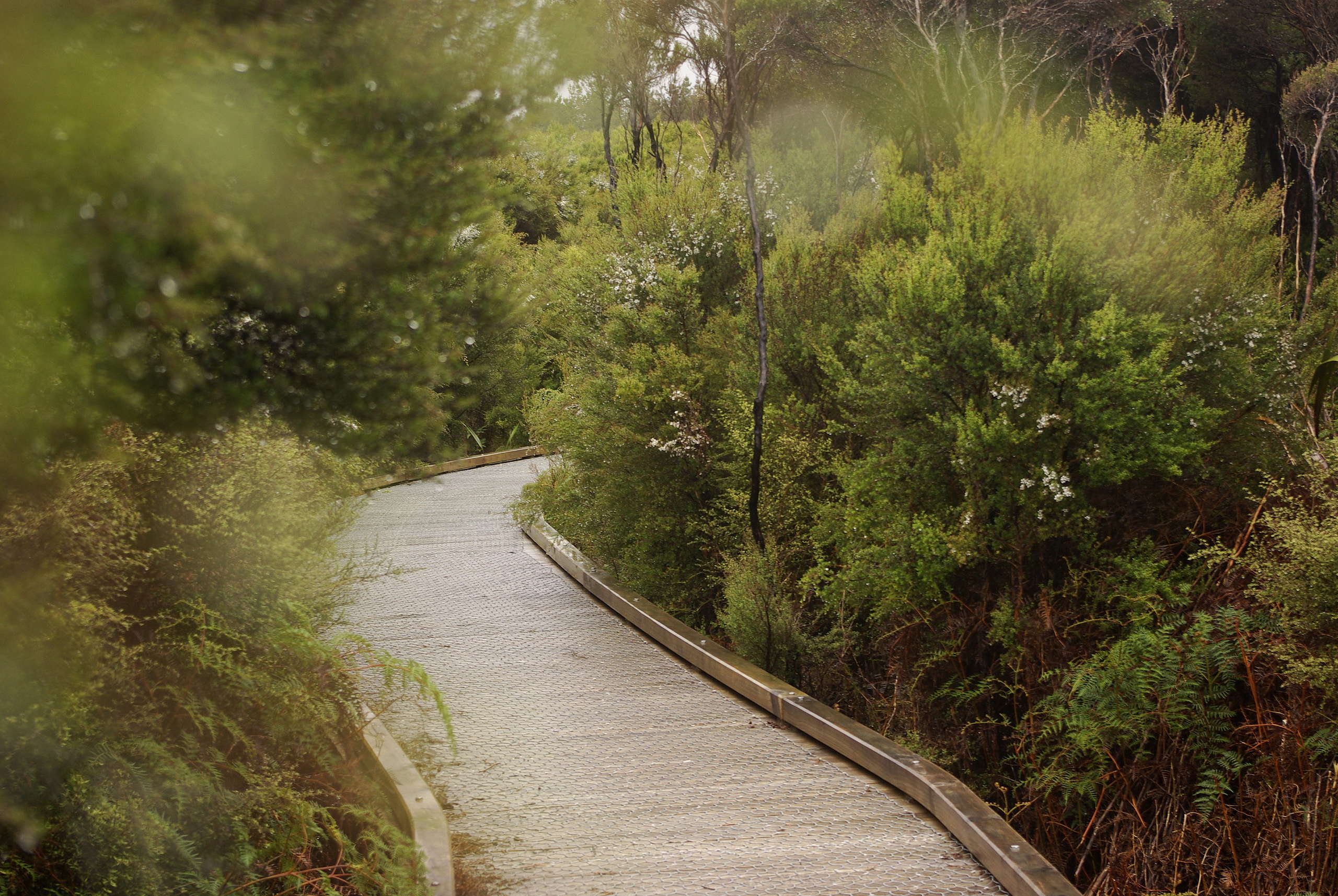All articles by Zoe Deans
-
Latest emissions data shows benefits of fewer cows
Greenpeace is today pointing to new emissions data as clear evidence that lowering cow stocking rates works to cut climate pollution.
-
Clean water for Otago: Greenpeace submission to the Otago Regional Council
Everyone deserves rivers they can swim in and fresh, clean drinking water that won’t make them sick. But to get there we need local and central government making strong plans…
-
New report shows organic waste can support regenerative farming transition
Greenpeace has teamed up with zero waste group The Rubbish Trip to launch a report detailing how Aotearoa could close the loop on food waste, whilst supplying regenerative and organic…
-
Milk & Money: intensive dairying in New Zealand
We’re always on the lookout for good documentaries and Milk & Money is exactly that. It’s an in-depth look at intensive dairying in New Zealand and how the dairy.
-
Climate Commission final report more concerned about placating dairy industry than tackling climate crisis
Greenpeace says there is still a cow-shaped hole in both the Climate Change Commission’s advice and the Government’s approach to climate action, following the release of the Commission’s finalised climate…
-
Free drop-in nitrate water testing
Everyone should be able to trust that their water is clean and safe. But nitrate contamination is a growing problem in parts of New Zealand, thanks to synthetic nitrogen fertiliser…
-
NZ dairy industry’s use of palm kernel expeller undermining Indonesia’s climate action
Thursday, 29 April 2021: The use of palm kernel expeller (PKE) by New Zealand’s intensive dairying industry is linked to the destruction of peatland and rainforests, which is driving the…
-
Report lays bare the dire consequences of Government’s lax approach to dairying
A Ministry for the Environment report released today shows the widespread scale of destruction caused by intensive dairying, says Greenpeace.
-
The most dangerous climate polluters are hiding in plain sight
These are the kinds of images you see time and time again on news specials about the climate crisis. Easy to visualise, easy to see around us, and easy to beat yourself up about. But the most dangerous climate polluters are much harder to see. And they like it that way.
-
Five facts for Wetlands Day
Whether you know them as bogs, swamps, mires, marshes or fens, wetlands do more for us than we realise. They’re the unsung heroes of our environment, and we’d better take care of them.


